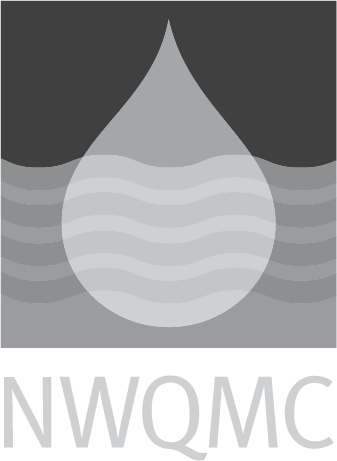WEST Inc: Manly-2009
|
Title
| Statistics for Environmental Science and Management |
|---|---|
|
Author
| Manly, Bryan F.J. |
|
Abstract/Summary Statement
| This book is a ready reference guide to the most common methods used in environmental applications. Statistics for Environmental Science and Management introduces the statistical methods most frequently used by environmental scientists, managers, and students. Using a non-mathematical approach, the author describes techniques such as: environmental monitoring, impact assessment, assessing site reclamation, censored data, and Monte Carlo risk assessment, as well as the key topics of time series and spatial data. The book shows the strengths of different types of conclusions available from statistical analyses. It contains internet sources of information that give readers access to the latest information on specific topics. The author's easy to understand style makes the subject matter accessible to anyone with a rudimentary knowledge of the basics of statistics while emphasizing how the techniques are applied in the environmental field. Clearly and copiously illustrated with line drawings and tables, Statistics for Environmental Science and Management covers all the statistical methods used with environmental applications and is suitable as a text for graduate students in the environmental science area. |
|
Table of Contents
| Chapters: 1. Role of statistics in environmental science 2. Environmental sampling 3. Models for data 4. Drawing conclusions from data 5. Environmental monitoring 6. Impact assessment 7. Assessing site reclamation 8. Time series analysis 9. Spatial data analysis 10. Censored data 11. Monte Carlo risk assessment |
|
Citation
| Manly, Brian F.J., 2009, Statistics for Environmental Science and Management, second edition: Chapman and Hall/CRC Press: New York, 295 pp. |
|
Method Source
| WEST Inc |
|
Source Organization Country
| USA |
|
Publication Year
| 2009 |
|
Special Notes
| |
|
Item Type
| Book |
|
Publication Source Type
|
Other Additional information: Company, WEST Inc., Cheyenne, WY |
|
Purpose
|
Data analysis Monitoring program design |
|
Design or Data Analysis Objectives
|
Compare treatments Exploring/summarizing data Probability survey Relationships & correlations Spatial trends Temporal trends |
|
Complexity
| Medium |
|
Media Emphasized
|
Soils/Sediment Surface Water |
|
Media Subcategory
| |
|
Special Topics
|
Assessing and managing autocorrelation Evaluating whether data follow a certain (e.g., normal) distribution Handling nondetects |




